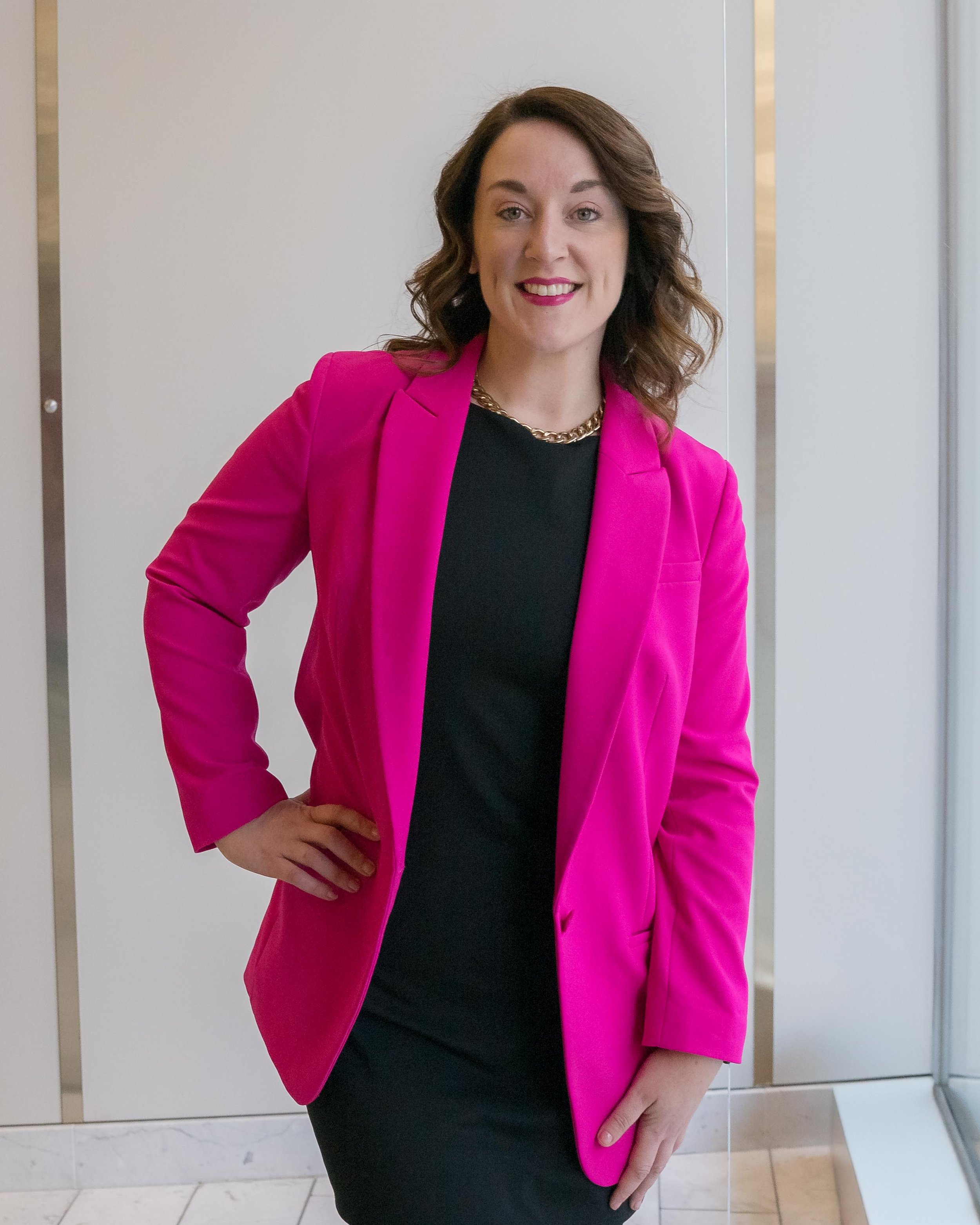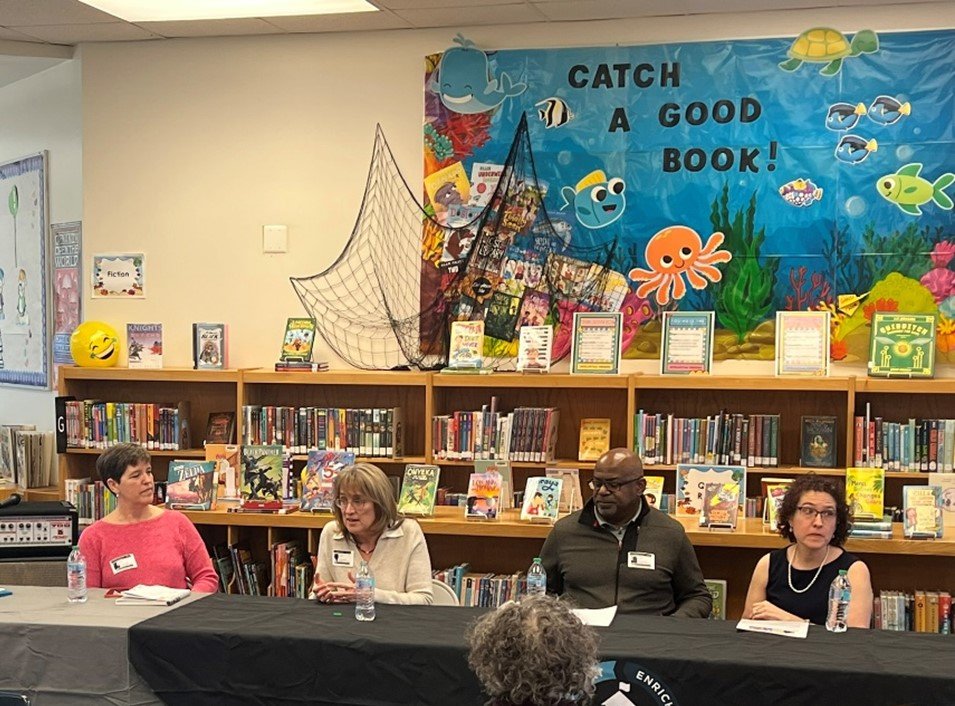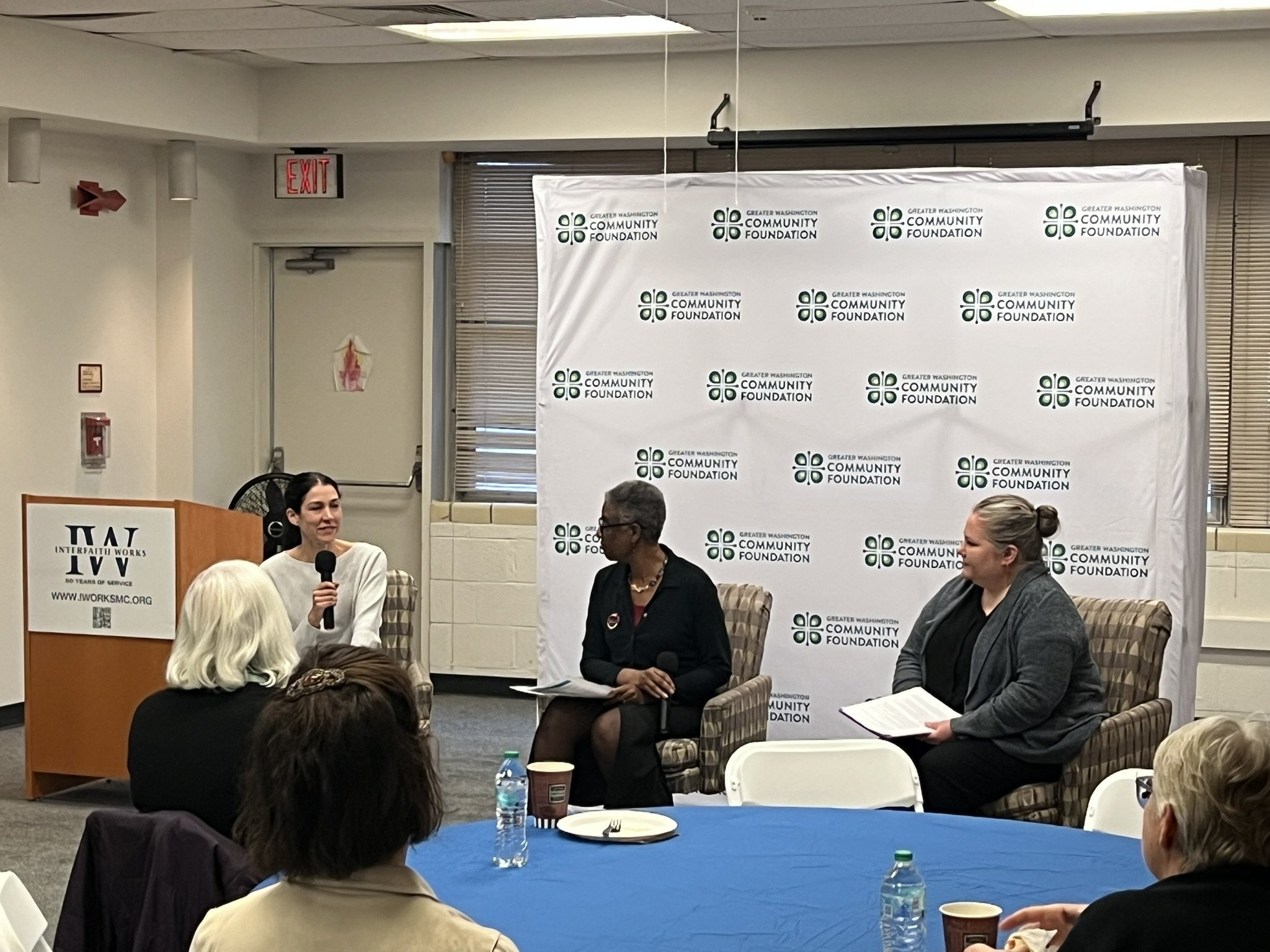The Greater Washington Community Foundation's Celebration of Philanthropy on June 17th at the National Museum of Women in the Arts marked a historic milestone, celebrating the triumphant conclusion of our Together, We Prosper Campaign for Economic Justice. The evening brought together passionate community leaders, generous donors, and dedicated partners who have made transformational change possible across our region.
Campaign Success: Beyond All Expectations
The goal was to raise $75 million in gifts to support programmatic work today; and legacy commitments and endowed funds designated for this community, tomorrow. We raised a total of $78 million, exceeding the goal. Designed as an ambitious campaign to increase economic mobility and begin to address the racial wealth gap, the Together, We Prosper Campaign was launched in the Fall of 2022 – one year into The Community Foundation’s bold 10-year strategic vision.
Built on two central pillars—investing in strategies to close the racial wealth gap and endowing Greater Washington—the campaign mobilized more than 1,200 donors from across the region. Some of the capital raised is already having an immediate impact including Guaranteed Income pilots like Thrive Prince George’s and MoCo Boost, the Brilliant Futures children’s savings pilot, and the Prince George’s County Small Business Support Program.
As Karen Leder, Campaign Co-Chair, shared, "What makes this successful isn't just the numbers we've achieved; it's the stories of the lives that have been changed – and will be changed in the years to come."
The majority of funds raised – upwards of $50 million - are by way of legacy commitments and through contributions to endowed funds.
These inspiring contributions came from donors who trust the Foundation to carry out their philanthropic vision long into the future—representing not just financial investment, but a profound bet on the strength and potential of our region. This, in addition to generous donations to The Community Foundation’s endowment fund, will enable the organization to continue to create lasting change in our region for years to come.
“Prospering Together is not just a theme,” Seán Morris, Chair of the Board of Trustees added. “It’s a call to action – a call that each of you have heeded.”
Honoring Our Champions
The evening recognized a number of individuals and organizations whose exceptional leadership and generosity made this campaign possible.
First, The Community Foundation honored John ‘Terry’ Beaty, a long-time friend and supporter of The Community Foundation, as the Prospering Together Legacy Champion.
Early last year, Terry and his wife Anne Mehringer established The Beaty Endowment Challenge Match to encourage donors to establish an endowment with The Community Foundation.
For each donor that chose to convert their fund to an endowment, name an endowment as their fund’s final purpose or establish a future endowment through a documented bequest intention, Terry and Anne made a $20,000 gift to the Endowment for The Community Foundation—committing $1 million in endowment matching funds.
To date, the $1 million endowment challenge is more than halfway toward its goal and has raised over $620,000 towards The Community Foundation’s Endowment. The award was presented by 2024 Montgomery County Philanthropist of the Year, Bob Buchanan – a longtime friend of Terry and Anne’s.
Next, The Community Foundation recognized the PNC Foundation as the Prospering Together Corporate Champion.
In April 2024, the PNC Foundation partnered with The Community Foundation to launch the Prince George’s County Small Business Support Program. The program provided over $500,000 in grants and technical assistance to small businesses along the Blue Line and Purple Line corridors in Prince George’s County to help them harness the economic benefits of development along the transit corridors.
The award was presented by Samia Bingham, Founder and CEO of Flavors Culinary Hub, a participant in the Prince George’s County Small Business Support Program.
The final award of the evening – the Campaign Champion Award - was presented to Karen Leder and William (Bill) Taylor, Co-Chairs of the Together, We Prosper Campaign. Karen & Bill’s dedication and leadership were instrumental to the success of the Together, We Prosper Campaign.
Q&A with Tonia and Denise Barnes
A highlight of the evening was an engaging conversation between Tonia and Denise Barnes, publisher of the Washington Informer, that explored the leadership journey and strategic decisions that made this campaign successful.
Tonia reflected on the Foundation's response during the Covid-19 pandemic and the importance of not forgetting the lessons learned about combating inequities. She emphasized the Foundation's deliberate 10-year strategic framework, noting that "you can't address issues of inequality in a 2-3 year time span." The conversation touched on how the Board of Trustees courageously embraced difficult conversations about race and wealth and sought to understand how to address the racial wealth gap that exists across our region.
The discussion concluded with a powerful reflection on the campaign's journey." It felt almost impossible when we first started and here we are, tonight, celebrating the success of it," Tonia shared, expressing gratitude for the community's surprising willingness to participate in this transformational work. She emphasized her confidence in the leaders gathered that evening, noting, "we came here to make a difference, together—and together we're going to do that."
The Impact Continues
While the Together, We Prosper Campaign has officially concluded, the transformational work it launched continues. The programs, partnerships, and systems changes set in motion will serve as the foundation for decades of community wealth-building and opportunity creation.
As we celebrated on June 17th, we honored not just the achievement of surpassing our ambitious goals, but the collective commitment to a vision where prosperity is shared by all. The campaign's success belongs to everyone who made it possible—from major donors to community partners to the countless individuals who believed in this transformative work.
Together, we have proven that our region's strength lies in our shared commitment to justice, equity, and prosperity for everyone. The celebration marked not an end, but a powerful beginning of the lasting change this campaign has made possible.
Note: The Community Foundation would also like to thank Levine Music, Story Tapestries, Mosaic Visions, and the Eleanor Roosevelt High School Step Team, “Dem Raider Boyz” for generously sharing their time and incredible artistic talents with us.
Photos of their amazing performances, as well as other images from the event can be found on on our SmugMug account. You can also watch a complete recording of the evening’s program and awards presentations.













































































































